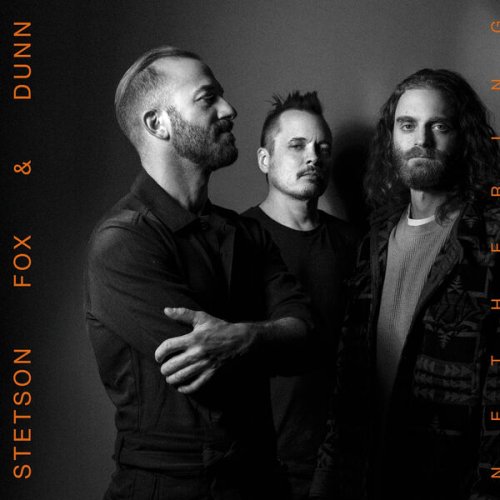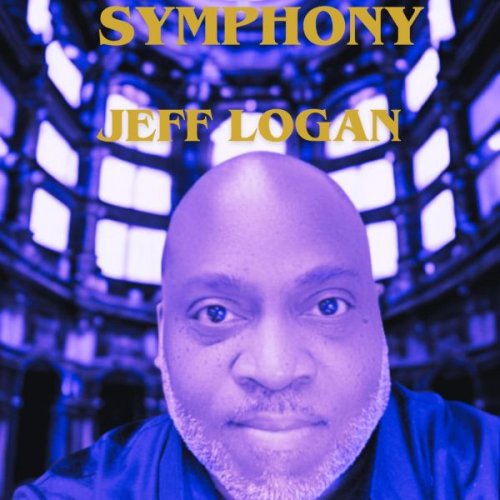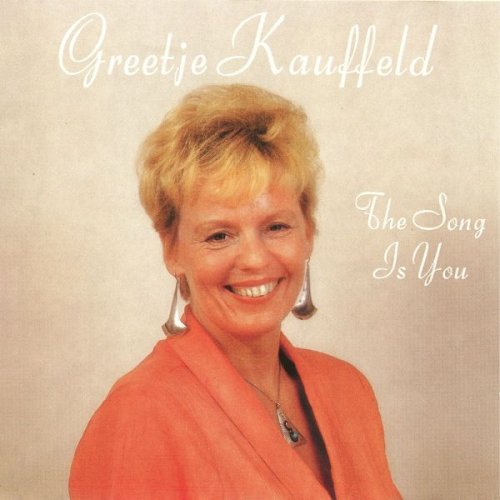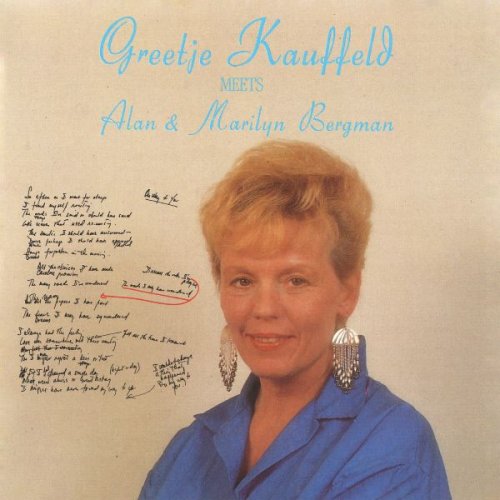The Orchestra Now, Leon Botstein - The Lost Generation: Apostel • Kauder • Busch (2024) [Hi-Res]
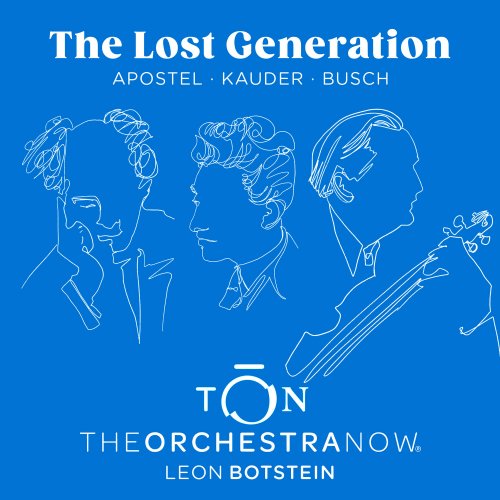
Artist: The Orchestra Now, Leon Botstein
Title: The Lost Generation: Apostel • Kauder • Busch
Year Of Release: 2024
Label: AVIE Records
Genre: Classical
Quality: flac lossless (tracks) / flac 24bits - 96.0kHz
Total Time: 01:14:06
Total Size: 315 mb / 1.28 gb
WebSite: Album Preview
TracklistTitle: The Lost Generation: Apostel • Kauder • Busch
Year Of Release: 2024
Label: AVIE Records
Genre: Classical
Quality: flac lossless (tracks) / flac 24bits - 96.0kHz
Total Time: 01:14:06
Total Size: 315 mb / 1.28 gb
WebSite: Album Preview
01. Symphony No. 1: I. Bewegt
02. Symphony No. 1: II. Sehr mäßig bewegt
03. Symphony No. 1: III. Sehr breit und betragen
04. Symphony No. 1: IV. Ruhig, streng gemessen
05. Variations on a Theme by Haydn: Theme: Andante più tosto Allegretto
06. Variations on a Theme by Haydn: Variation I: Allegretto
07. Variations on a Theme by Haydn: Variation II: Andante cantabile
08. Variations on a Theme by Haydn: Variation III: Tagstück, Pastorale
09. Variations on a Theme by Haydn: Variation IV: Vivace
10. Variations on a Theme by Haydn: Variation V: Adagio
11. Variations on a Theme by Haydn: Variation VI: Vivace
12. Variations on a Theme by Haydn: Variation VII: Nachtstück, in Kubins Manier
13. Variations on a Theme by Haydn: Variation VIII: Andante cantabile
14. Variations on a Theme by Haydn: Variation IX: Allegretto
15. Variations on an Original Theme
If you've seen the Leonard Bernstein biopic "Maestro", you've seen and heard The Orchestra Now, the exceptional ensemble that appears in the movie's Tanglewood Music Festival scene. The Orchestra Now (TON), a New York-based graduate-level training orchestra comprised of the most vibrant young musicians from around the globe, was founded by conductor, educator and music historian Leon Botstein, whose insatiable curiosity has resulted in rescuing countless musical works from oblivion. Their first recording for AVIE, "The Lost Generation", brings together three German-speaking composers who were contemporaries of Arnold Schoenberg and Alban Berg, but whose music became supressed by historical events of the 20th century.
In November 2022, Botstein and TON gave the US premiere of Hugo Kauder's Symphony No. 1, a "splendid" work that "made a splash" (New York Classical Review). The largely self-taught Moravian-born composer had a distinguished career in Vienna until he was forced to flee the Nazis and arrived in New York in 1938. The first of Kauder's five symphonies was dedicated to Alma Mahler. Whilst his musical language is rooted in the tradition of Johannes Brahms and Gustav Mahler, he forged an individual voice with his ease and flexibility of harmonic and metrical shifts.
German-born, Austrian composer Hans Erich Apostel studied with Schoenberg and Berg. His works incorporated his mentors' expressionism and 12-tone methods in equal measure. The Nazis deemed Apostel's music "degenerate", but he lived out his life in Vienna until his death in 1972. His Variations on a theme by Haydn, performed frequently in the mid-20th century, is an homage to the second movement of Haydn's Symphony No. 103, the "Drum Roll, which itself comprises variations on a theme.
Adolf Busch, one of the most celebrated violinists and chamber musicians of the 20th century, was also a prolific composer. A staunch opponent of Nazism, he left his native Germany, arriving first in Switzerland and eventually the United States in 1939. A late Romantic compositional style imbues his Variations on an Original Theme, originally for piano four hands and presented to his wife as a Christmas present in 1944. Busch's longtime chamber music partner and son-in-law, the pianist Rudolf Serkin, frequently performed the work with his son Peter, who made this orchestration of his grandfather's composition, in a familial labor of love.
![Carmen McRae - Carmen McRae (Remastered 2014) (2026) [Hi-Res] Carmen McRae - Carmen McRae (Remastered 2014) (2026) [Hi-Res]](https://www.dibpic.com/uploads/posts/2026-02/1770854395_mhompkx1v4d7b_600.jpg)
![Miles Davis - The New Sounds (Remastered 2026) (1951) [Hi-Res] Miles Davis - The New Sounds (Remastered 2026) (1951) [Hi-Res]](https://www.dibpic.com/uploads/posts/2026-02/1770742585_cover.jpg)
![Lawson Rollins - Next Steps (2026) [Hi-Res] Lawson Rollins - Next Steps (2026) [Hi-Res]](https://www.dibpic.com/uploads/posts/2026-02/1770816912_hjwdsle59zzz6_600.jpg)
![Cannonball Adderley - Somethin' Else (1958) [2022 DSD256] Cannonball Adderley - Somethin' Else (1958) [2022 DSD256]](https://www.dibpic.com/uploads/posts/2026-02/1770877615_folder.jpg)
